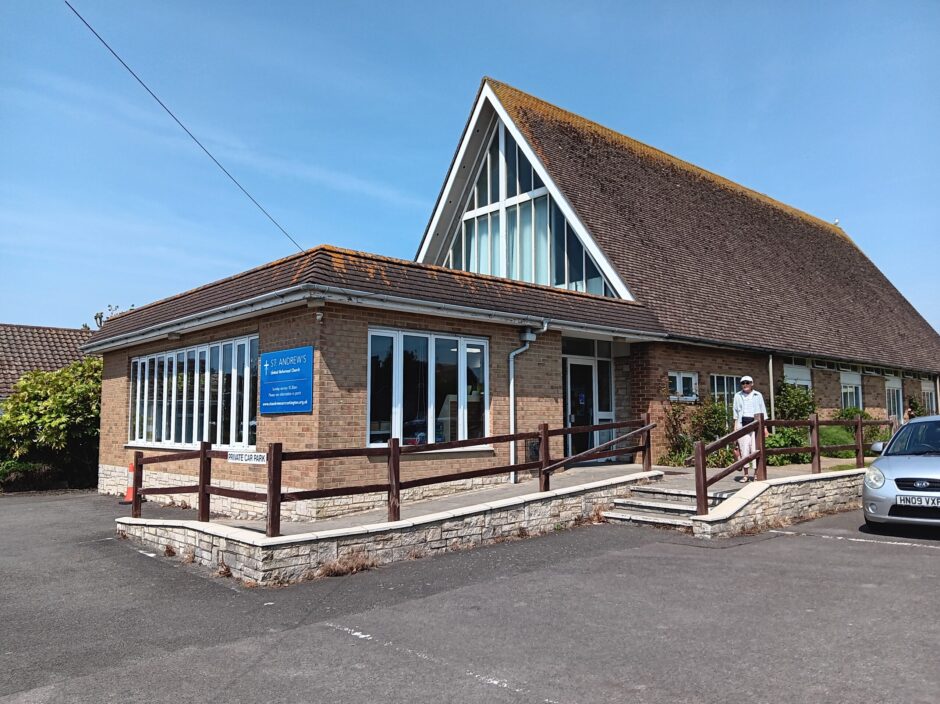Ella Sibley-Ryan, Mission Projects Officer for the Methodist Church, writes about her experiences volunteering with refugees in France.
The people sleeping rough in Calais and Dunkirk have come from Sudan, Eritrea, Afghanistan, Egypt, Iran, Ethiopia and countries all over the Middle East and North Africa. They’ve been driven from their homes for a range of reasons – persecution based on gender or religion, war, famine. Lots of young men talk of leaving to avoid conscription – into national armies or, more often, into militias or terrorist groups. One man told me the Taliban had come and told him he must join them as a soldier or pay them a fee to leave him alone; he had no money and didn’t want to fight and so had to run.
There are around 900 refugees living in Calais and Dunkirk at any one time. There are no refugee camps, only people sleeping and camping illegally on disused pieces of ground – brownfield sites, parks and waste ground. At this time of year, the mud is inches deep and at every time of year there is litter. The rubbish is everywhere – strewn about and heaped in piles. Volunteers go out with black bags daily, but it’s like litter-picking a landfill site. There are no bins anywhere – a long-term volunteer told me that the authorities had taken them away in an attempt to discourage people from staying.

The Rwanda plan is well-known in Britain, but the refugees of Calais and Dunkirk had never heard of it. To every single person I spoke with, the suggestion that they may be sent to Rwanda was brand-new information. Most people were saddened, confused, hurt, by this new information, asking why and for what purpose this was done. There are no good answers or ways to explain the complex interplay of fear, privilege, prejudice, good intentions, poor leadership, and greed, which, mapped onto the social and political landscape of 21st century Britain, has led us to this place. Instead, we offer lamely, “some people in the UK don’t like refugees and want to send them away”, as if this remotely covers it. We remind them to memorise the phone numbers for legal aid, or write them on their arms. If they are taken to a detention centre, their phones will be confiscated.
Hurt and sad though many are by the news of possible deportation to Rwanda, most are not put off by it. All of them have travelled hundreds of miles, many walking the whole way, to reach this point. They have suffered and, in crossing the channel, will face more danger and pain. Many have already been ‘sent’ places – shipped around, within and between countries, for reasons unfathomable to them. The distant possibility that it could happen again is of little concern.
Occasionally we see children in the camps – babies held by mothers, or primary-aged kids who run and play along the distribution lines. Some think that heartbreaking – to see children aged four and five given sweet tea and second-hand jumpers amidst the rubbish. But far worse, to my mind, are the teenagers. Boys, and it is almost always boys, of fourteen or fifteen who have travelled alone. Because the babies and kids at least have their parents – they might be in a desperate situation, but they are shielded from it in part. The 14 and 15 year-old cousins I met who had walked from Afghanistan to Dunkirk were children, and yet they had now to shoulder the burdens and responsibilities of adulthood, alone as they were.
Advent is a season of waiting. In the camps, we are always waiting. People wait for distributions, for hot drinks, for haircuts. For night to fall, for the tide to turn. People wait for the future and for a place to call home. It’s easy to get caught up in this atmosphere, to begin waiting oneself for something to change. To begin waiting for everything to change – waiting for Emmanuel, God with us. Because where is God in all this? Surely, we’re still waiting on his arrival. Until, with a jolt of recognition, you see and remember – Christ was born long ago. Advent is an echo only, a remembrance, not a reality. God is with us in this place, with the people of all nations, young and old; in the land and sea and sky; in the campfires and sharing of stories. Here, on the French coast, on the shores of tomorrow, God is with us.
Ella Sibley-Ryan is the Mission Projects Officer in the Connexional Team of the Methodist Church in Britain. She volunteers one week a year with Care4Calais, most recently in November 2022. Care4Calais was one of a coalition of groups who worked with asylum seekers to challenge the Rwanda Plan in the High Court and request a last-minute injunction to stop the first flight from taking off on 14 June 2022. It was ultimately unsuccessful, but the flight was later cancelled due to a last-minute interim measure by the European Court of Human Rights.
<!–
–>
Source
